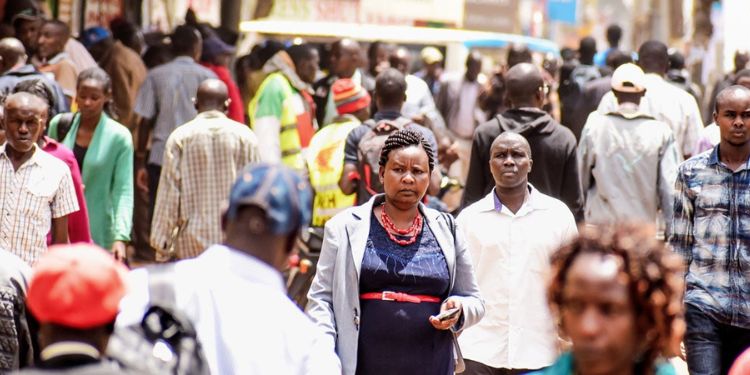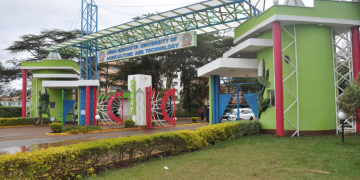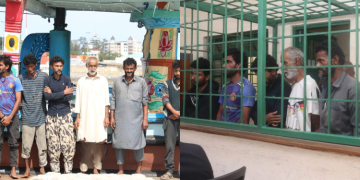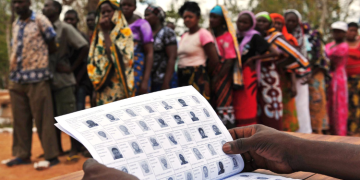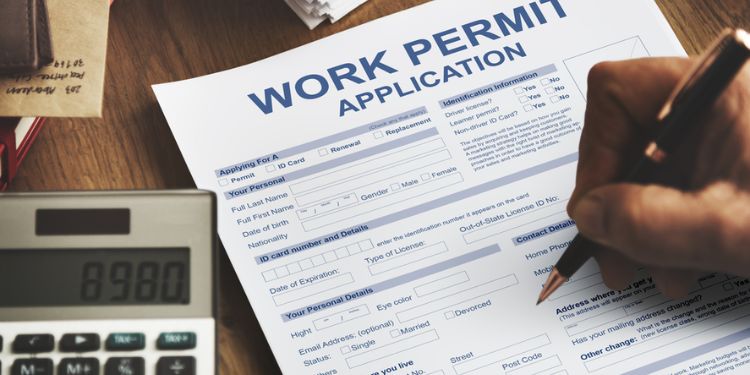If you are a foreign national planning to live, work, invest, or volunteer in Kenya, obtaining a valid work permit is mandatory.
Under Kenyan law, foreign nationals cannot legally engage in employment, business, farming, missionary, or charitable activities without one.
Failure to comply may result in fines, deportation, or denial of future entry into the country.
The Kenya Citizenship and Immigration Act (2011) regulates the issuance of work permits, and the process is administered online through the Foreign Nationals Services (eFNS) Portal.
In this guide, we provide a step-by-step overview of the work permit application process in Kenya, including an explanation of the different permit classes, a list of required documents and fees, and practical tips to improve your approval chances.
Also Read: How to Start a Food Business in Kenya: A Step-by-Step Guide
Understanding the eFNS Application Portal
The Foreign Nationals Services (eFNS) Portal is Kenya’s official online platform for managing immigration applications.
It allows applicants to submit applications for work permits, passes, alien cards, and even citizenship online.
Moreover, the portal provides detailed information on eligibility criteria, document requirements, and payment options.
Users create a Single Sign-On account, upload supporting documents, pay application fees securely, and track their application status in real time.
Additionally, once a permit is approved, it can be printed directly from the portal and presented to immigration officials at Nyayo House in Nairobi for official endorsement.
Types of Work Permits in Kenya
There are different types of work permits depending on the purpose of your stay.
- Class A Permit (Mining): For individuals involved in prospecting or mining. Applicants must demonstrate sufficient investment and licenses to engage in mining activities.
- Class B Permit (Agriculture): For those planning to engage in agricultural or animal husbandry activities in Kenya. Applicants must provide proof of land ownership or lease, capital investment, and licenses from relevant authorities.
- Class C Permit (Prescribed Profession): For professionals in regulated fields such as doctors, lawyers, and engineers. Applicants must provide certified academic and professional certificates, CVs, and proof of membership in the relevant professional body.
- Class D Permit (Employment): For foreign nationals employed by Kenyan companies or approved technical aid schemes. Applicants must submit employment contracts, academic and professional certificates, and information about a Kenyan understudy if applicable.
- Class F Permit (Manufacturing): For investors planning to establish manufacturing businesses in Kenya. Requirements include proof of investment, company registration documents, audited accounts, and tax compliance certificates.
- Class G Permit (Investment, Trade, or Consultancy): For individuals starting a business, consultancy, or other trade. Applicants must show proof of capital, company incorporation documents, shareholding certificates, and tax compliance certificates.
- Class I Permit (Religious or Charitable Activities): For missionaries or members of charitable organizations approved by the government. Applicants must submit organizational registration documents and proof of benefit to Kenya.
- Class K Permit (Ordinary Resident): For individuals over 35 years of age with an assured annual income of at least USD 24,000, derived from sources outside Kenya or through a pension.
- Class M Permit (Refugees): For recognized refugees and their spouses who intend to work or engage in business in Kenya.
However, in some cases, the Cabinet Secretary may exempt specific persons or classes from obtaining a work permit, documented through a Gazette notice.
Also Read: How to Get a Nairobi Liquor License in 8 Easy Steps
Requirements for Work Permits Application
Requirements vary by permit class, but there are several key documents required for all applications including;
Completed Form 25 Online: The official application form, printable from the eFNS portal.
Cover Letter: From your employer, organization, or yourself for self-employed investors.
Valid Passport: A clear copy of your national passport.
Passport Photos: Two recent colored passport-size photographs.
Professional and Academic Documents: Depending on the permit, certified copies of qualifications, professional memberships, and CVs.
Financial Proof: For business or investor permits, proof of funds or investment is required.
Tax Compliance Certificates: From KRA for renewals or certain permit classes.
Supporting Letters: Clearance from relevant regulatory bodies and, in some cases, information about a Kenyan understudy.
Also, all documents not in English must be translated by an authorized institution or embassy. Providing complete and accurate documents reduces the risk of application rejection.
Work Permit Fees
Fees vary depending on the permit type:
Class A (Mining) and Class D (Employment): Ksh500,000 per year.
Class B (Agriculture) and Class G (Investor): Ksh250,000 per year.
Class I (Missionary): Ksh50,000 per year.
Class N (Digital Nomad): USD 1,000 per year, with a USD 200 processing fee.
Applicants should also budget for translation, legal advice, or company registration costs when applying for business-related permits.
Step-by-Step Work Permit Application
- Start by registering on the Government of Kenya Single Sign-On portal.
- Access the “Apply Now” link and select the permit class you want to apply for.
- Complete Form 25, attach all required documents, and submit your application.
- The portal generates an invoice; pay online or submit the printed form at Nyayo House if online payment is unavailable.
- Receive updates via email and the portal dashboard. Once approved, print your permit and present it at Immigration Headquarters for endorsement.
In case your permit is denied, you may appeal the decision in the High Court of Kenya.
Follow our WhatsApp Channel and X Account for real-time news updates.
